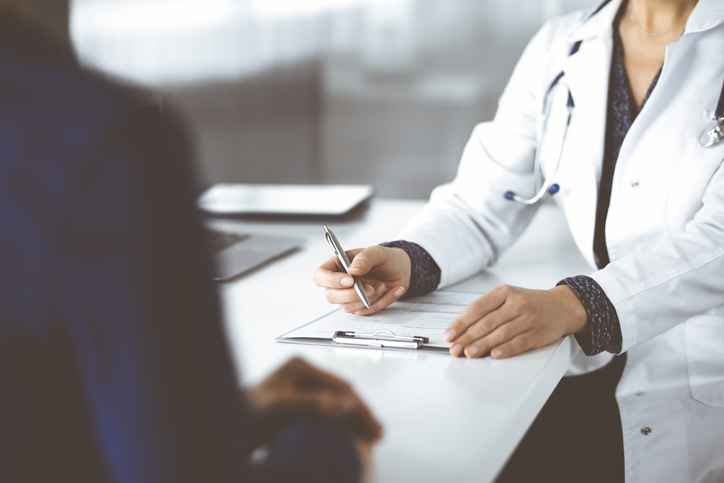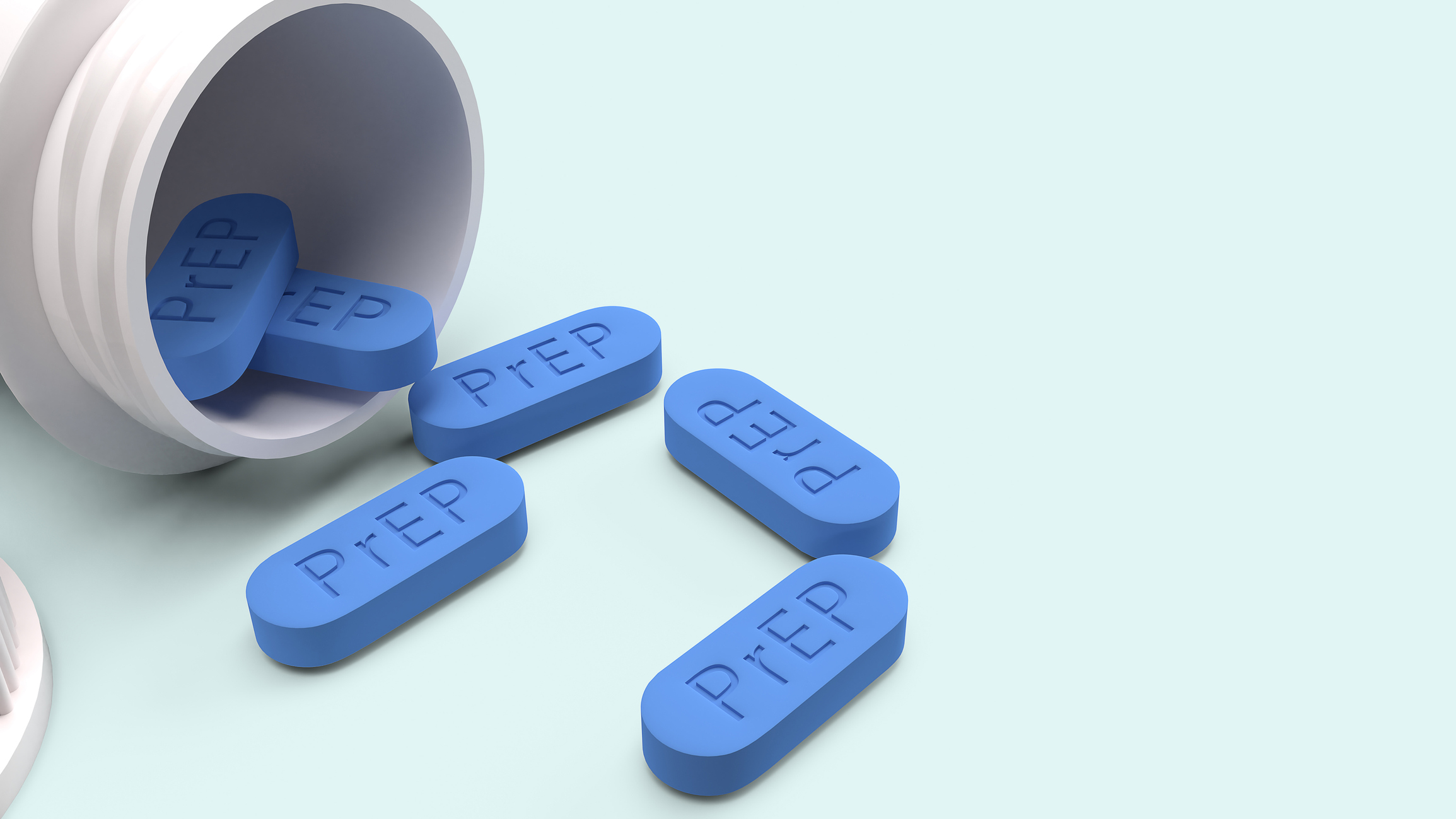Telling Your Partner(s) You Have An STD
Discussing sexuality and sexual health openly is a topic our society still has to overcome. The stigma surrounding STDs can be very damaging and increase the risk of STD transmission for fear of speaking up.
So, what should you do if you test positive for an STD? Follow our advice and ensure that you and your partner(s) stay safe and find adequate help, treatment and support.
Get Tested
If you believe you have contracted an STD, the first step you should take is to get tested. Take into account that most STDs don’t show symptoms in the early stages and can be asymptomatic altogether but can still be passed on to others.
To ensure you are practicing safe sex, get tested at the beginning of any sexual relationship and again a few months later.
Understand The Facts
Having an educated conversation about STDs and sexual health is key. Hence why it is advisable to talk to a medical professional and do some research before communicating with your partner(s).
The more you know, the lower the risk of contracting an STD will be.
Talk To Your Partner(s)
Whether your relationship is casual or long-term, it is extremely important to let your companion(s) know you have an STD before you have sexual intercourse. However, if you have oral herpes, it is important that you tell them before you kiss.
This will give you all the opportunity to make informed decisions about your sexual health and life. Additionally, you will be able to take precautions and practice safe sex.
Choose a Safe Place
When you feel prepared to have the talk with your partner(s), try to choose a place that makes you feel calm and comfortable. However, if you are worried their reaction will be violent, you do not have to meet face to face.
Opt instead for a phone call or video chat that will allow you an escape if the situation turns sour.
Possible Questions To Ask
Try starting the conversation by letting your partner(s) know that you care about them and their well-being. Start by asking them about their sexual history and their knowledge about STDs.
Once you tell them you have an STD, make them feel comfortable by offering to respond to any questions they may have and explain the different ways in which you can practice safe sex.
Free STI/STD Testing in Pennsylvania
Maintaining a safe and healthy sex life is paramount and a part of your overall well-being. Here at Novus, our patients are our top priority; we vow to make you feel safe and welcome when you visit our centers.
Visit our website and schedule your appointment today to receive a free STD/STI test!




